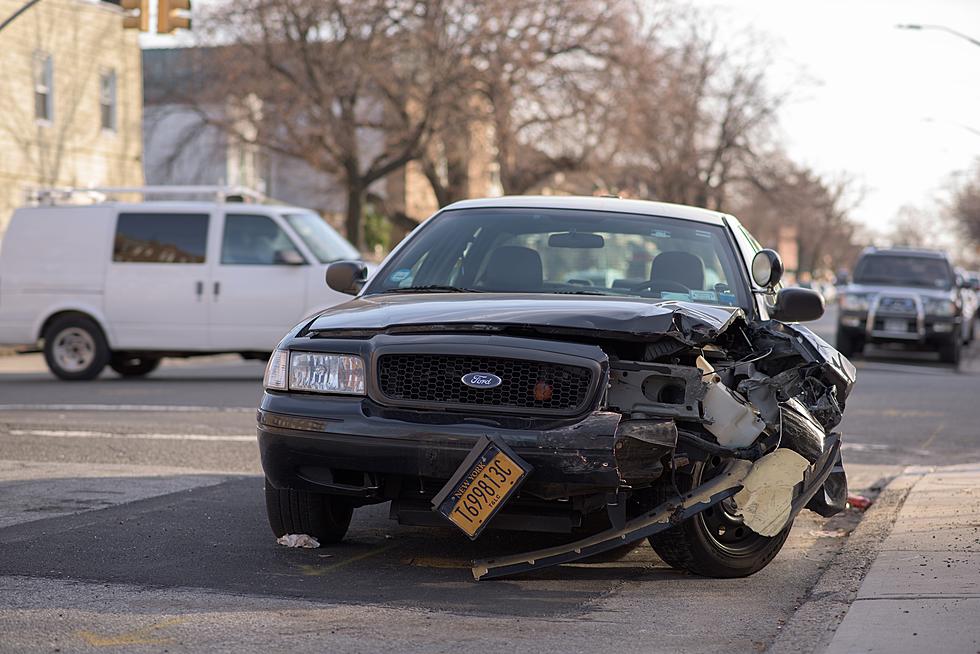
Signs of Parkinson’s Dementia
It doesn't always happen, but people who are stricken with Parkinson's Disease often get one of two types of dementia, within ten years of being diagnosed with it.
Anne Clark is a trained Parkinson's support group facilitator, and shared information on the Richard Piet Show with Tim Collins, most of which came from the Michigan Parkinson's Foundation and Alzheimer's Association.
Parkinson's Disease: it's recognized by three of four cardinal signs
- resting tremor (rythmic movement or shaking of any part of the body and is present when a limb is at rest and may be reduced or go away when the limb is held up used by the patient)
- cogwheel rigidity (when a patient's limb is moved by the examiner, it resists and gives way in small, step-like movements as if it was being controlled by a cog-wheel)
- bradykinesia/akinesia (slow movement or lack or movements)
- postural reflex impairment (involuntary movements people automatically make to maintain their balance when standing and walking - this causes poor balance and falling)
Clark says that Parkinson's Dementia can develop in someone diagnosed with Parkinson's. She shared info on symptoms form the Alzheimer's Association web site.
- Changes in memory, concentration and judgment
- Trouble interpreting visual information
- Muffled speech
- Visual hallucinations
- Delusions, especially paranoid ideas
- Depression
- Irritability and anxiety
- Sleep disturbances, including excessive daytime drowsiness and rapid eye movement (REM) sleep disorder
An estimated 50 to 80 percent of those with Parkinson's eventually experience dementia as their disease progresses. The average time from onset of Parkinson's to developing dementia is about 10 years.
Dementia with Lewy bodies (DLB) is a type of progressive dementia that leads to a decline in thinking, reasoning and independent function because of abnormal microscopic deposits that damage brain cells over time.
Most experts estimate that dementia with Lewy bodies is the third most common cause of dementia after Alzheimer's disease and vascular dementia, accounting for 10 to 25 percent of cases. Lewy bodies are also found in other brain disorders, including Alzheimer's disease and Parkinson's disease dementia.
Symptoms of dementia with Lewy bodies include:
- Changes in thinking and reasoning
- Confusion and alertness that varies significantly from one time of day to another or from one day to the next
- Parkinson's symptoms, such as a hunched posture, balance problems and rigid muscles
- Visual hallucinations
- Delusions
- Trouble interpreting visual information
- Acting out dreams, sometimes violently, a problem known as rapid eye movement (REM) sleep disorder
- Malfunctions of the "automatic" (autonomic) nervous system
- Memory loss that may be significant but less prominent than in Alzheimer's
It's important that you get an accurate diagnosis and if you have concerns that you document/log your concerns so when you go to your physician - preferably someone who specializes in these conditions (Movement Disorder Specialists, Neurologist and also Mental Health Experts who really understand how the brain work.)
These are complicated due to the closeness of the conditions but it's very important for the clients to be their own Best Advocate - pay attention to what's happening with you - it can make a different in your diagnosis and plan of care.
As with other types of dementia there is no single test that can conclusively diagnose dementia with Lewy bodies.
Today, DLB is a "clinical" diagnosis, which means it represents a doctor's best professional judgment about the reason for a person's symptoms. The only way to conclusively diagnose DLB is through a postmortem autopsy.
Many experts now believe that DLB and Parkinson's disease dementia are two different expressions of the same underlying problems with brain processing of the protein alpha-synuclein. But most experts recommend continuing to diagnose DLB and Parkinson's dementia as separate disorders.
More From WBCKFM









